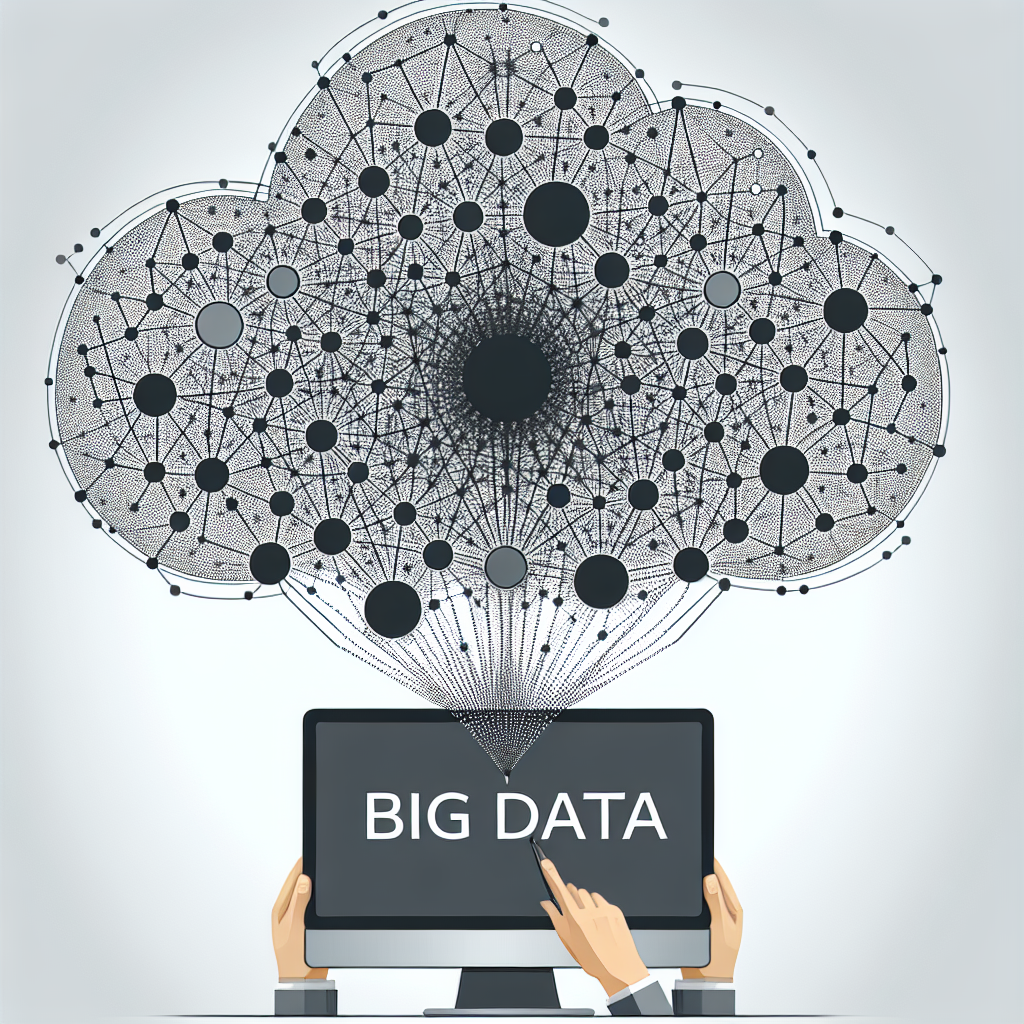It’s no secret that the globe is grappling with a critical scarcity of teachers – ‘A Moment of Truth’ indeed. The relentless tide, driven by reduced enrollment in teaching programs, increasing retirements, and higher turnover rates has created unprecedented disruptions in traditional schooling models.
In this article, I decided to embark on an intellectual expedition across campuses globally to understand how we can address this dilemma through technology. Let’s unbox our research question.‘Could our solution to the teacher crisis lie within technological advancements?’
Methodology
We trawled big data from global school systems and carried out interviews with key stakeholders- educators, technologists, policymakers. We also explored several AI-powered tutoring platforms that offer promising prospects.

Key Findings
The digital revolution promises possibilities yet untapped; from intelligent tutors capable of personalizing learning for every student to virtual worlds facilitating experiential learning beyond conventional classroom walls.
Scientific Significance
This isn’t just about substituting human instructors with robots or making education more efficient. It’s about reinventing what it means to teach and learn – redefining pedagogy itself.
Practical Applications
E-learning platforms are already stepping up offering K-12 curriculum support using adaptive algorithms. Additionally, VR is creating immersive experiences covering various subject matter far beyond standard textbooks.

Expert Reactions
Peter Hirst says,’This transition won’t be straightforward. You don’t just replace a teacher with technology; you need to reimagine the entire learning process.’
Future Research
More work needs to be done on how AI can be integrated seamlessly into current curriculums and studying its long-term effectiveness.
Societal Impact
The potential benefits are compelling – school systems could save billions while providing unparalleled personalized education. However, questions around accessibility and the digital divide remain paramount.
Ethical Considerations
We must ensure we’re not creating more problems than we’re solving. Ethical practices around data privacy, algorithmic transparency and avoiding bias in machine learning models are essential.
Next Steps
‘Why I changed my mind about…’ While I started this journey skeptical of replacing human connection inherent within pedagogy with cold-hard tech, now I see Technology as a valuable ally rather than an adversary in our quest for knowledge dissemination.

